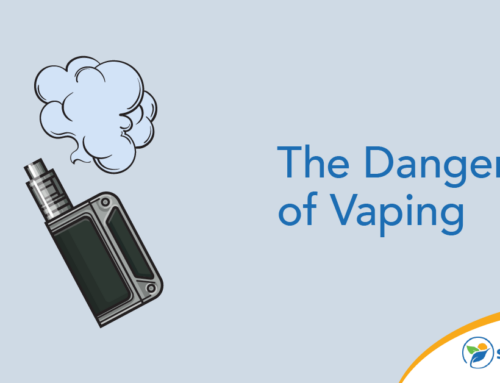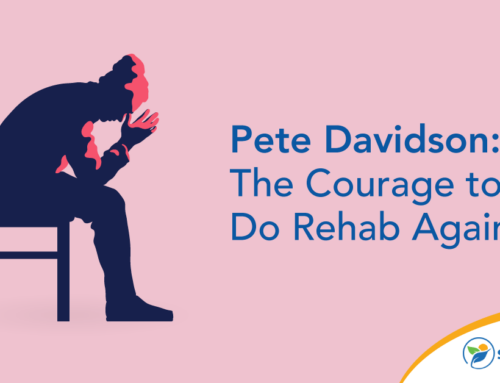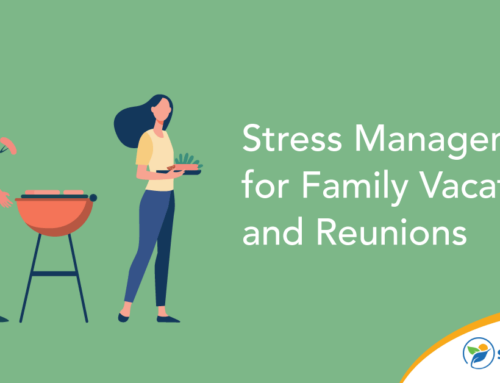Anyone who’s experienced their own recovery journey knows it isn’t easy. Plenty of obstacles arise along the way, making it difficult to maintain healthy habits you’ve worked hard to establish.
However, overcoming an addiction is one of the most rewarding things you can do, and it’s important to reflect on your journey and celebrate the milestones you’ve achieved. Take a moment to consider these year-end reflection questions and potential challenges to help you develop realistic goals for the future and sustain long-term recovery.
Acknowledging Milestones: A Celebration of Recovery
Entering recovery isn’t just a major lifestyle change. It also alters your brain and body as they adjust to a new healthy lifestyle and return to normal levels of functioning. The whole process is complicated and time-consuming and involves multiple steps, from detoxing your body of harmful substances to attending therapy sessions to explore the root cause of your addiction.
In other words, recovery is a large undertaking, and every milestone deserves celebration, no matter how small it may seem. With the end of the year approaching, now’s the perfect time to celebrate your recovery and every small win you’ve experienced. Here are a few ways to honor your accomplishments and prepare for another sober year.
Acknowledge Your Efforts
The first step is acknowledging the effort it took to enter recovery. This is a major life change that was likely hard to make and involved maneuvering around many obstacles to maintain. Rather than focusing on negative aspects of the recovery journey, reflect on the positive changes you’ve made. Maybe you’ve started eating healthier, established a regular exercise routine or found a new hobby you enjoy.
Throw a Sober Party
People throw parties for milestones in life like birthdays and anniversaries — there’s no reason sobriety can’t also be celebrated. You can host a small gathering with your closest friends and family or a bigger event for every person who’s shown you support throughout your journey.
Give Back to Your Community
Getting involved in your community and helping those in need is a rewarding and meaningful way to celebrate your journey. Volunteer at a local sober living house or nonprofit that organizes sober events for those in recovery. Being in this environment may also positively influence your own recovery journey.
Reward Yourself
Celebrating with others is a great way to acknowledge recovery milestones, but rewarding yourself with a fun treat or solo activity can be just as fulfilling. Whether you buy yourself a new book, go out for a fancy dinner or book a trip you’ve been wanting to take, do something that makes you happy and honors your hard work.
Year-End Reflection Questions to Ask Yourself
The end of the year always sparks reflections of past events and resolutions for future life goals. If you’ve spent the year working on recovery, your year-end reflection questions likely revolve around how your life has changed and what challenges you’ve overcome since entering sobriety.
Reflecting on your recovery journey can be helpful because it enables you to see how much you’ve grown, what toxic habits you’ve given up and the personal strengths you’ve discovered and honed. It may evoke many conflicting emotions, but it can also unveil illuminating revelations about who you are as a person, your resiliency and what your hopes are for the future. A few new year reflection questions to consider are:
- What were your biggest accomplishments?
- What were your biggest mistakes, and what did you learn from them?
- Which experiences are you most thankful for?
- What coping strategy made you feel the most calm or relaxed?
- What was your biggest mental health struggle?
- When did you have the most fun this year?
- What help did you receive from others?
- What are you most optimistic about for the future?
- What advice would you give your future self?
It may help to write your answers down to reference when sustaining recovery feels harder than usual.
The Power of Resilience: Overcoming Challenges in Recovery
No matter how far you are into recovery, identifying potential challenges can help you prepare for future obstacles and mitigate their effects. Because addiction is a chronic disease, relapse is common.
Research from the National Institute on Drug Abuse reports a 40% to 60% relapse rate for individuals being treated for substance use disorders. That said, relapsing doesn’t signify failure, but it can indicate changes are needed to sustain recovery. Here are a few strategies for overcoming challenges in recovery:
- Finding your purpose. Obtaining drugs or alcohol is often an addict’s sole purpose. Find a healthy aspiration, such as a new hobby or career goal, to focus on to replace harmful behaviors.
- Learning new coping strategies. Finding healthy coping mechanisms, including journaling or exercising, can prevent you from turning to substances when experiencing negative or stressful emotions.
- Staying busy. If your free time was spent scoring drugs or alcohol in the past, it can be helpful to find productive ways to stay busy to reduce risk of relapse. Try maintaining a regular daily routine and exploring new activities, such as reading, playing sports or meditating.
- Building a support network. Entering recovery may end certain relationships that resulted from substance use, but it can also reignite relationships that concluded for the same reason. Focus on rebuilding healthy relationships and making new friends who influence you to sustain recovery.
Setting Continued Goals for a Healthy and Fulfilling Life
Setting realistic, measurable goals to work toward can make it easier to sustain recovery and achieve a healthy, fulfilling life. These can be short- or long-term goals, such as applying for a new job or reconnecting with estranged family members. Working with a therapist or counselor can help you determine what goals matter most to you and track your progress with therapy reflection questions.
Therapy is a useful tool for understanding your relationship with substances and developing healthier coping mechanisms to achieve long-term recovery. Sunlight Recovery offers a range of addiction and mental health services, including individual and group therapy, to help people overcome their substance abuse problems and build a better life. Contact us today to see how our services align with your recovery goals.







